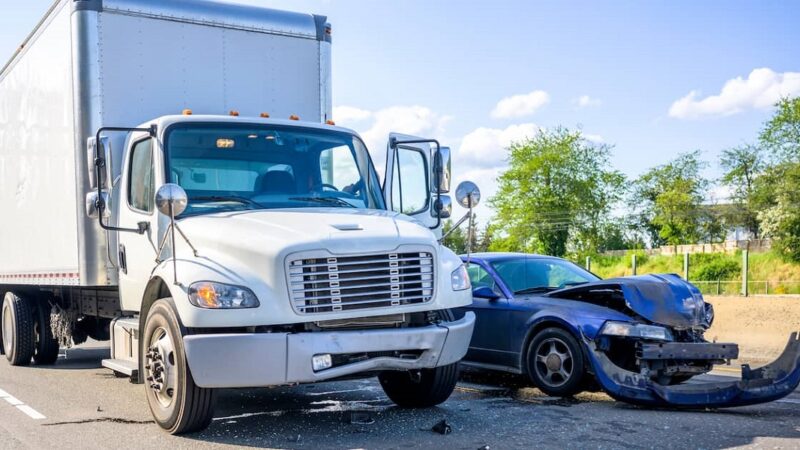How Do Car Accidents Affect Insurance Premiums

In the realm of car insurance, accidents are often inevitable occurrences that can have a significant impact on your insurance premiums. Understanding how car accidents influence insurance rates is crucial for every driver.
In this comprehensive guide, we’ll delve into the intricate details of how car accidents affect insurance premiums and provide insights into navigating this aspect of auto insurance.
Understanding Insurance Premiums
What Are Insurance Premiums?
Insurance premiums refer to the amount of money an individual pays to an insurance company in exchange for coverage against specified risks, such as accidents, theft, or damage to their vehicle.
Factors Influencing Premiums
Several factors contribute to the determination of insurance premiums, including the driver’s age, driving history, type of vehicle, and location.
Impact of Car Accidents on Insurance Premiums
Immediate Effect
Car accidents can lead to an immediate increase in insurance premiums for the driver involved. Insurance companies perceive individuals who have been in accidents as higher risks, thus justifying the hike in premiums.
Claim Filing
Filing a claim after a car accident can also result in increased premiums. Insurance companies may raise premiums to recoup the costs associated with processing and settling claims.
At-Fault Accidents vs. Non-At-Fault Accidents
The impact of an accident on insurance premiums may vary depending on whether the driver is deemed at fault or not. At-fault accidents typically lead to more substantial increases in premiums compared to non-at-fault accidents.
Mitigating the Impact
Safe Driving Practices
Adopting safe driving practices can help mitigate the impact of car accidents on insurance premiums. By avoiding accidents and traffic violations, drivers can maintain a clean driving record, which may qualify them for discounts on their premiums.
Defensive Driving Courses
Drivers who enroll in defensive driving courses may be eligible for discounts from certain insurance providers. These courses provide valuable knowledge and skills that can reduce the likelihood of accidents, thereby lowering insurance premiums.
Seeking Assistance
Insurance Agents
Consulting with insurance agents can provide drivers with insights into potential premium increases following an accident. Agents can offer guidance on how to navigate the claims process and minimize the impact on premiums.
Legal Assistance
In cases where disputes arise with insurance companies regarding premium hikes or claim settlements, seeking legal assistance may be necessary. Legal professionals specializing in insurance law can advocate for the rights of drivers and ensure fair treatment.
Conclusion
Car accidents can have significant repercussions on insurance premiums, leading to increased costs for drivers. Understanding the factors influencing premium hikes and taking proactive measures to mitigate these effects is essential for every car owner. By prioritizing safe driving practices and seeking assistance when needed, drivers can navigate the complexities of insurance premiums with confidence.
FAQs
1. Do all car accidents lead to an increase in insurance premiums?
While most accidents can impact premiums, the extent of the increase may vary based on factors such as fault determination and previous driving history.
2. Can defensive driving courses lower insurance premiums?
Yes, completing defensive driving courses can often result in discounts on insurance premiums, as they demonstrate a commitment to safe driving practices.
3. Will my insurance premiums remain high forever after an accident?
Premiums may gradually decrease over time, especially if the driver maintains a clean driving record and avoids further accidents.






